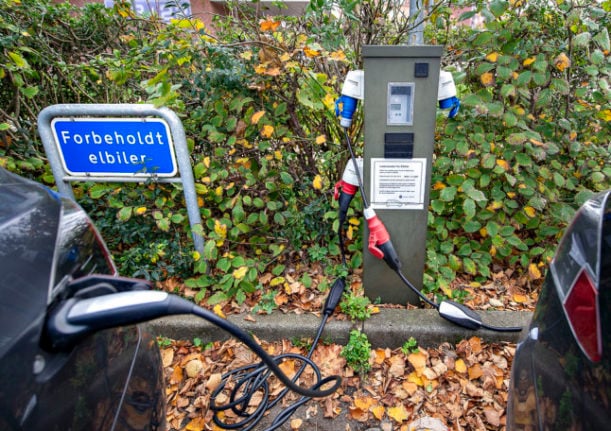Reinfeldt, who on Tuesday discussed ethanol production, environmental concerns and technological cooperation with Brazilian President Dilma Rousseff, spoke Wednesday to the Federation of Industries of Sao Paolo (FIESP).
“The challenge of attaining a green economy and sustainable society is huge, but there is no alternative,” Reinfeldt told nearly 300 business people.
Reinfeldt proposed establishing a “price” on pollution and consumption of natural resources — in order to reduce emissions.
“I believe that putting a price on pollution or the use of our natural resources is the most effective way” to create a successful green economy, he said.
The plan would require commitments by major polluters such as China and the United States, he said.
Reinfeldt expressed hope that his and similar ideas would gain support at the “Rio+20” UN Conference on Sustainable Development planned for Brazil next year.
“We need a better common understanding of green economy, and Rio+20 could get us closer to such an understanding,” he said.
Sweden has “cut in half” its consumption of fossil fuels and oil since the 1970s, the prime minister told the financial newspaper Valor in an interview published Wednesday.
“Ethanol is part of that,” he said.
Sweden is one of the largest purchasers of Brazilian ethanol, made from sugar cane, for the Swedish mass transit system. On Tuesday, Rousseff said she spoke with Reinfeldt about a possible joint effort to produce ethanol in Tanzania.
Meanwhile, a Swedish company is in the running for a multi-billion-dollar contract for 36 new fighter jets for the Brazilian military.
Brazil announced in February that it wouldn’t make any short-term decision on the contract, estimated to be worth between $4 billion and $7 billion, because of budget problems.
Saab of Sweden is jockeying with US-based Boeing and France’s Dassault for the contract.
Reinfeldt told Valor that Saab’s Gripen NG is “the best” and boasted of its “excellent quality.”
The visit marked Reinfeldt’s first as head of government to a South American nation. He planned to conclude the trip Thursday in Chile.


 Please whitelist us to continue reading.
Please whitelist us to continue reading.
Member comments